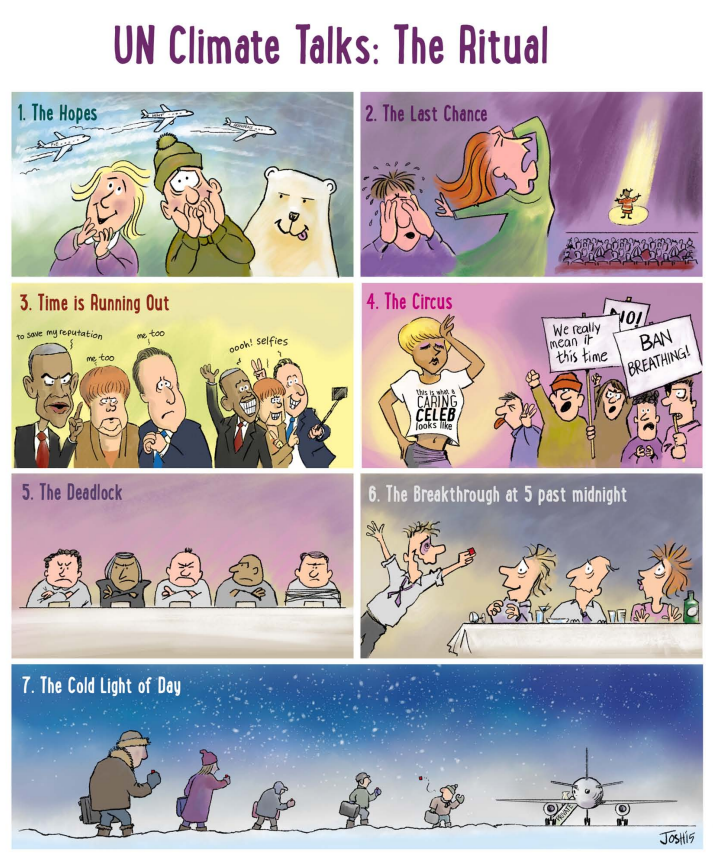Objective:
After viewing the presentations on the growth of Democratic Reform in England, students will be able to reflect on the various ways that England (as well as other European Countries) responded to the Industrial Revolution including advances in political democracy and the emergence of capitalism as a dominant economic pattern and the response to it, including Utopianism, Social Democracy, Socialism and Communism
Rationale:
The Industrial Revolution was the biggest social turning point in history, transforming the very way people lived their lives. Identifying the various social, political, and economic changes of the times is essential in understanding the period and the effects it had on the world.
Evidence:
Being able to identify and explain the effects of the Industrial Revolution on the living experience of people all of over the world will assist in understanding the different paths societies took as they developed.
___________________________________________________________________________________________
 ___________________________________________________________________________________________
___________________________________________________________________________________________
Journal Entry - Which of the following statements do you most agree with and why?
1. In a Democracy, the government responds instantly to citizens wishes.
2. In a Democracy, citizens need only vote in elections to reform government.
3. In a Democracy, citizens must sometimes protest to win government reforms.
4. In a Democracy, the only real way to change the government is through a revolution.
Chapter 8 Section #1 for Thursday (Jan 7th), Section #2 - Monday (Jan 11th), Section #3 for Tuesday (Jan 12th) Section #4 for Thursday (Jan 14th)
Chapter 8 Quizzes in class Tuesday Jan 19th . Jeopardy or Kahoot will be played on Tuesday in preparation for the test on Thursday
___________________________________________________________________________________________
Essential Question - How did political reform gradually expand suffrage and make the British Parliament more democratic during the 1800's?
Journal Entry - Which of the following statements do you most agree with and why?
1. In a Democracy, the government responds instantly to citizens wishes.
2. In a Democracy, citizens need only vote in elections to reform government.
3. In a Democracy, citizens must sometimes protest to win government reforms.
4. In a Democracy, the only real way to change the government is through a revolution.
___________________________________________________________________________________________
example of modifying "too much" democracy -
 Assembly Bill 1100: "Existing law requires a fee of $200 to be paid by the proponents when a proposed ballot initiative or referendum is submitted to the Attorney General for preparation of a circulating title and summary. This bill increased the filing fee from $200 to $2,000."This proposal was a response to the “Sodomite Suppression” Initiative filed in 2015.
Assembly Bill 1100: "Existing law requires a fee of $200 to be paid by the proponents when a proposed ballot initiative or referendum is submitted to the Attorney General for preparation of a circulating title and summary. This bill increased the filing fee from $200 to $2,000."This proposal was a response to the “Sodomite Suppression” Initiative filed in 2015.
The measure, upon voter approval, would have mandated California to put to death any person who "willingly touches another person of the same gender for purposes of sexual gratification." The initiative classifies this group of people as "sodomites." (its a measure to kill gay people)
example of modifying "too little" democracy -
example of modifying democracy through Revolution -
Saturday night, armed men broke into the desolate headquarters of a federally owned wildlife refuge in Oregon and said they weren't going to leave until the government stops its "tyranny."
Though the group's goals have so far seemed hazy, Ammon Bundy has said that they essentially want two things.
First, they want the federal government to relinquish control of the wildlife refuge so "people can reclaim their resources," he told CNN early Monday. And second, they want an easier sentence for a pair of father and son ranchers convicted of committing arson on federal lands in Oregon.
___________________________________________________________________________________________
Today's Agenda - Victorian Etiquette
During queen Victoria's reign, society became incredibly stable. The leadership didn't change for 60 some years, and within that time the expectations of "how one acts in society, and knowing one's place in society" was cemented into the fabric of everyday life. This had both positive and negative effects. In today's activities we will look at the social change that occurred within this time period. Thursday we will look at the political change.
Victorian Age Etiquette (Video)
___________________________________________________________________________________________
Pro Con Chart of Etiquette - in this chart there are 10 social norms that were demanded of society. At your table, split-up the 10 and assign 2 to each person (with the remaining two to be done collectively or by whomever finishes their 2 articles first). Read each etiquette expectation, and think about how that expectations could be seen as a positive thing (what's good about it) and also how these actions could be perceived negatively.
* Your focus should be on the what society feels about the "place" or "role" that certain people play, not about the specific acts of etiquette themselves. It's not about how the people are acting, it's about the reason why people are treating in this way, and how that reasoning affects society's expectation of what role that person would play moving forward.
For tonight, please watch this 10 min video on Victorian Age (political change) in preparation for Thursday. You can follow the video's instructions and take the notes the presenter is suggesting.
___________________________________________________________________________________________Chapter 8 Section #1 for Thursday (Jan 7th), Section #2 - Monday (Jan 11th), Section #3 for Tuesday (Jan 12th) Section #4 for Thursday (Jan 14th)
Chapter 8 Quizzes in class Tuesday Jan 19th . Jeopardy or Kahoot will be played on Tuesday in preparation for the test on Thursday
___________________________________________________________________________________________
CHAPTER 8 TEST Thursday Jan 20th
___________________________________________________________________________________________
